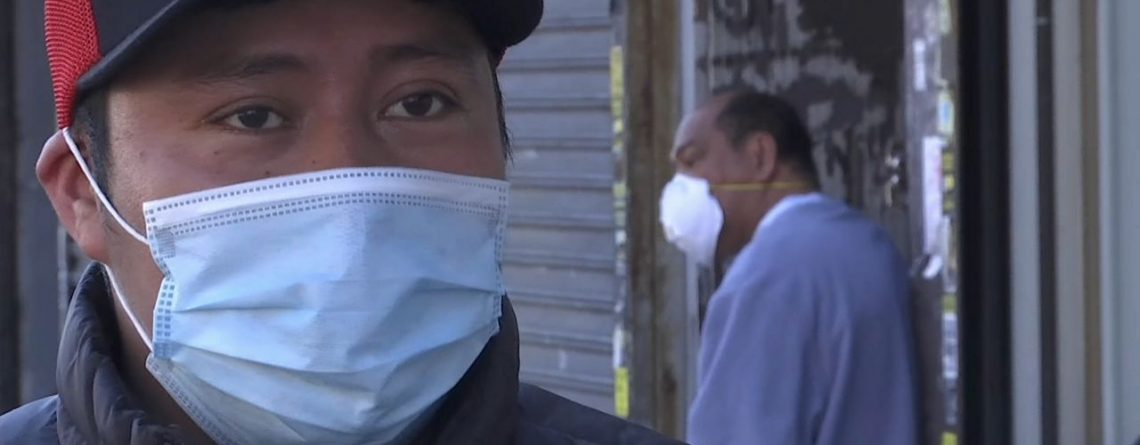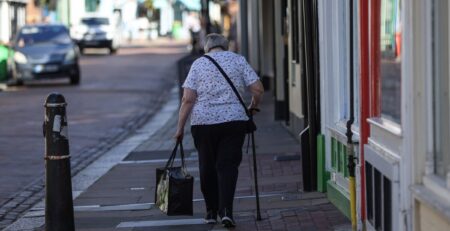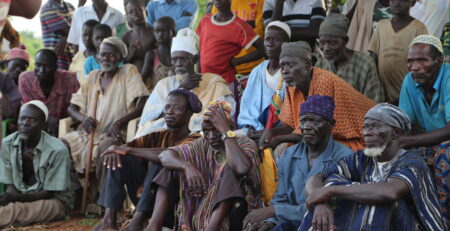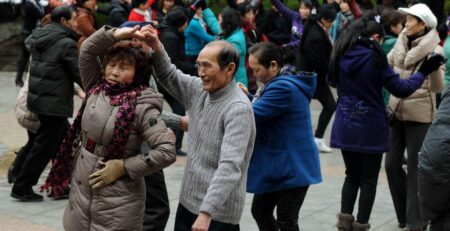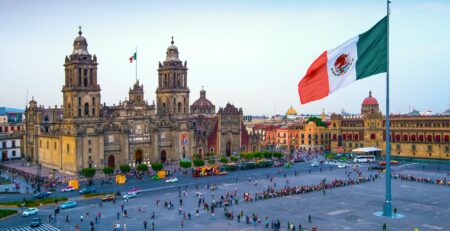COVID-19 Is Exposing the Holes in Latin America’s Safety Nets
Governments around the world need to get cash into the pockets of families who lost their income due to the coronavirus, and Latin America might seem well-equipped for the task. The region helped pioneer massive cash transfer programs for low-income families over the past three decades, with notable success in Brazil, Mexico and elsewhere. But the pandemic has instead exposed existing vulnerabilities in Latin America’s social safety net. If policymakers aren’t careful, it could create new ones as well.
“The widespread use of cash transfers during the pandemic sheds light on longstanding challenges,” Ugo Gentilini, a senior World Bank economist focused on social protection, told AQ. “But it also provides an opportunity to innovate.” Since the start of the crisis, several countries have rushed to expand existing cash transfer programs.
Brazil’s government added one million families to Bolsa Família, for example, and is using its database of poor households, the cadastro único, to identify more potential beneficiaries.
In Argentina, families already enrolled in the Universal Child Allowance subsidy program will receive an extra 3,100 pesos (about $48) per child, double the normal transfer. Colombia’s government has expanded and accelerated the start of a pilot cash transfer program, while Mexico’s President Andrés Manuel López Obrador has increased funding for several existing social programs, after scrapping the country’s CCT program early in his presidency.
Other countries have created emergency cash transfers specifically in response to COVID-19. Chile introduced a 50,000 pesos ($58) subsidy for 2 million people without formal jobs in March, to run alongside existing subsidy programs. The governments of Peru and El Salvador are similarly launching new programs to reach vulnerable households with direct cash payments.
Read more @Americas Quarterly

